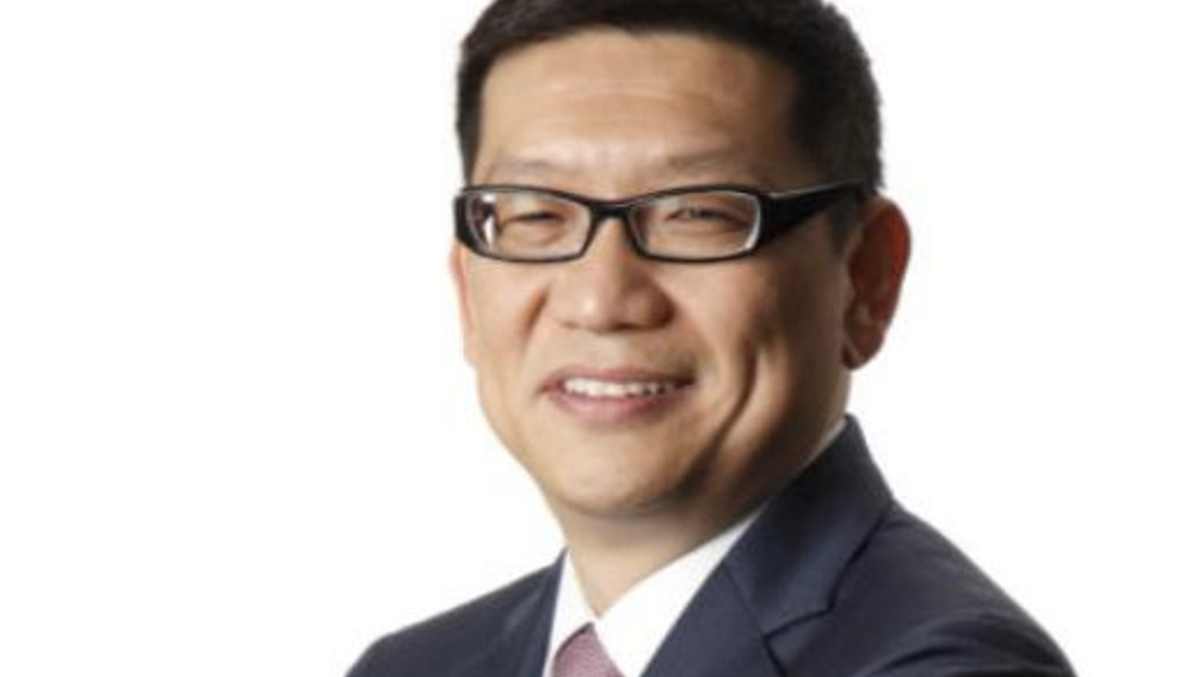GIC’s CIO says resisting peer pressure is key
The Singapore sovereign wealth fund's CIO, Lim Chow Kiat, outlines to AsianInvestor what he sees as crucial lessons he has learned in his long investment career.

Among the key lessons that Lim Chow Kiat, chief investment officer of Singapore sovereign wealth fund GIC, has learned is the importance of sticking to your investment discipline and resisting peer-group influence.
Sign in to read on!
Registered users get 2 free articles in 30 days.
Subscribers have full unlimited access to AsianInvestor
Not signed up? New users get 2 free articles per month, plus a 7-day unlimited free trial.
¬ Haymarket Media Limited. All rights reserved.


